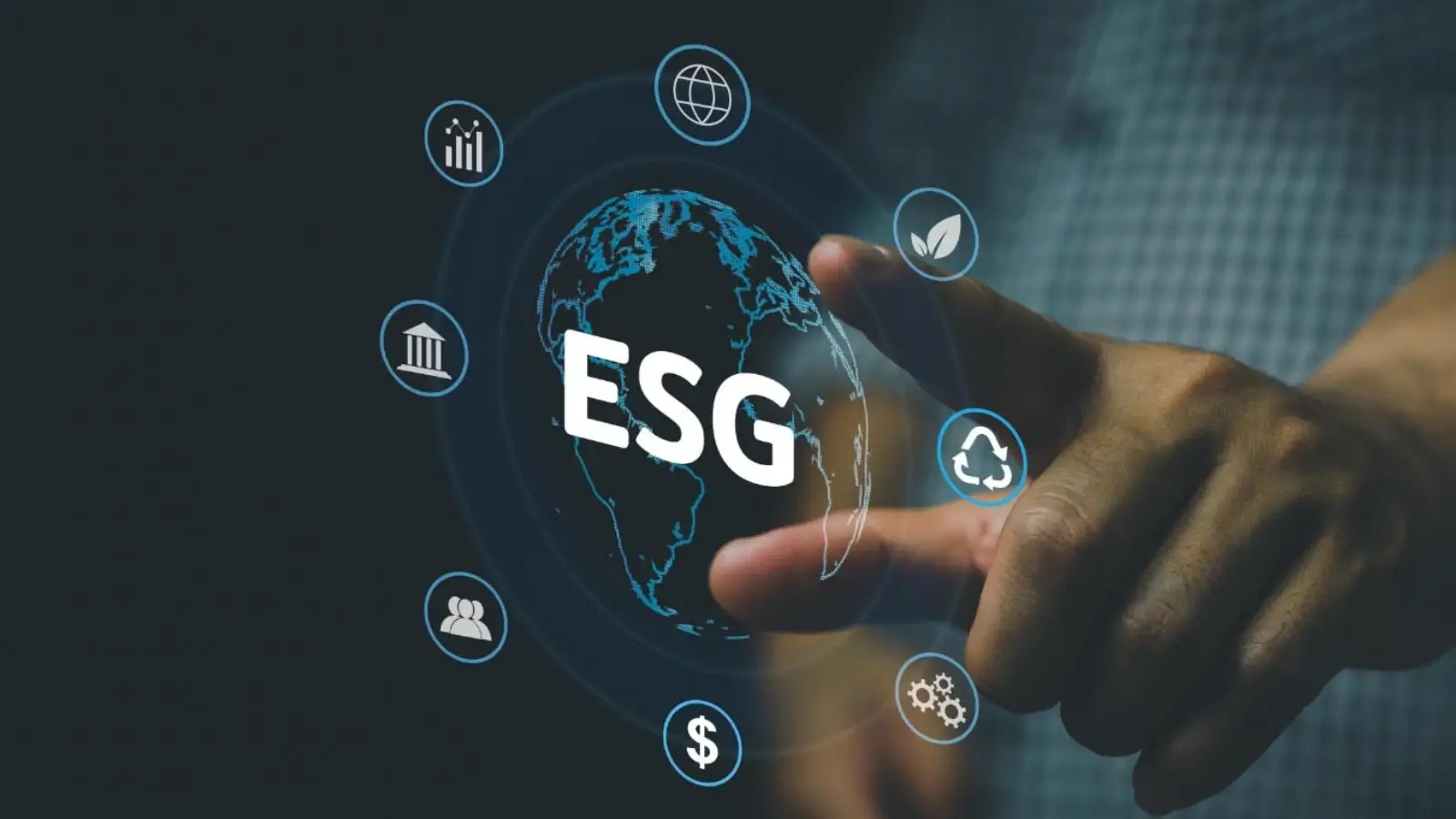


As the notions of sustainability and corporate transparency have become the defining features of long-term success in the present-day world, the Environmental, Social, and Governance (ESG) reporting has stopped being a uniform compliance requirement but the strategic business priority. The stakeholders, such as the investors, regulators and consumers, have a new mandate to insist on accurate, consistent and verifiable ESG disclosures. Nevertheless, many organizations are not able to handle the problem of disintegrated information, lack of uniformity in reporting system and manual processes leading to inefficiency and inaccuracy. Now, one will require the best ESG reporting software which is a potent tool that will be able to transform the processes of raw data management software into conformed and transparent sustainability reporting.
During the last decade, the ESG metrics have reached the position of the most critical metrics in terms of determining the performance of a company and its long-term value. Not only businesses have to ensure that they make profits but also responsible in their operations, reduce their carbon footprint, increase diversity, and ensure ethical governance. The regulators of the world, including the Corporate Sustainability Reporting Directive (CSRD) of the EU regulations and the climate disclosure regulations of SEC, are rapidly putting ESG compliance in a stranglehold.
Maintenance of manual spread sheets and walled systems in this kind of landscape has become impossible. The firms require a unified and automated system that will see them collect, check, and provide ESG data in an appropriate way. Best sustainability reporting software is a solution that bridges the sustainability objectives and disclosure transparency by automating the complex reporting procedures and making the information to be visible in all departments and regions.
One of the biggest issues that businesses have to face in ESB reporting is the issue of data fragmentation. The sustainability information commonly enclosed in different departments including the financial department, human resource department, operations department, supply chain department, and compliance and consolidation are not easy to obtain and interpret. This fragmentation will be removed with the most optimal ESG reporting software through a data management software integration.
It gathers the relevant data on the emissions, waste, energy usage, staff diversity and governance practices automatically through a connection to a number of internal systems, including ERP, CRM, HRM and supply chain databases. Saving of time and accuracy of data- the foundation of trustful reporting regarding ESG can also be achieved thanks to this single solution.
The reports provided on ESG reports should be credible i.e. they should be based on true and verifiable data. The most appropriate ESG reporting software enables real time monitoring and tracking the sustainability indicators and therefore, the use of such software is less inclined to human error and abuse. The processes of validation are automated to indicate inconsistencies and the audit trails provide complete visibility of the data sources and amendments.
The fact that the system automatically contains the templates of compliance with the most common frameworks, including GRI, SASB, TCFD, and CSRD, makes companies just adjust their reporting practices according to the international standards. This not only will result in uniform disclosures but will also render them audit ready which is a significant part of holding the stakeholder in check and meeting regulatory needs.
ESG reporting is linked to huge volumes of data and complex measurements that might easily overpower the teams in case it is managed manually. The reason is that high degree of automation in the most effective ESG reporting software will translate into high degree of efficiency in its operations. The system minimizes human intervention in data gathering and computing carbon emissions, and AI-generated performance reports, which maximize the level of accuracy.
Moreover, data management software has characteristics that allow business organizations to track and explore trends over time. It means that the organizations will have a chance to do more than complying and use ESG knowledge to take strategic decisions, such as using energy more efficiently, improving diversity initiatives, or making their supply chains less harmful.
Raw ESG data does not become significant before it can be transformed into some actionable intelligence. The best ESG reporting software is not what it is capable of doing (reporting) but it allows the business to know ESG measurements through advanced analytics and dashboards. The visualization tools are interactive and present the data in the way that allows to demonstrate the gaps in performance, the work on the sustainability goals, and the areas to improve the situation.
ESG data is a strategic resource due to this level of analysis. The executives can determine high-emission points, benchmark with their industry peers and estimate the financial impact of sustainability initiatives. The relationship between sustainability and profitability and long-term value creation can be illustrated with the help of the effective data management software as organisations will be able to get the overall picture regarding their sustainability.
Transparency will be the only thing that the stakeholders will trust. No matter the responsibility of the ESG or the responsible brand, or the responsibility of the regulators, clear and easy access disclosures are necessary. This is best achieved by the most efficient ESG reporting program in ensuring that disclosure processes are made easier to create standardized reports that are visually pleasing and easy to share.
The existing different platforms possess the dynamic digital reporting dashboards that provide the stakeholders with the interactive exploration of the ESG data. This openness is a sign of a true feeling of responsibility in an organization - and transparency is a competitive advantage.
Good ESG reporting does not occur in a vacuum. It is based on integrity and access to enterprise data. This is the reason why the integration of ESG tools with effective data management software is needed. Together they establish the fine-tuning data ecosystem, thus, rendering the process of information collection, storage, processing, and report efficient.
Such integration will also help the companies to possess data lineage, i.e., how all data parts got their way to the final report is the source of that data. This does not only strengthen the control of data, it also strengthens the confidence of auditors and regulators who want to find traceability and presumptions in ESG reporting.
Businesses need flexibility and scaling solutions because of the alterations in ESG regulations. The highest potential ESG reporting software renders organizations future proof, as it enables organizations to be flexible and be able to adjust to the changing frameworks, expand the data coverage, and fit the new sustainability targets. As part of the ESG instruments, the AI and machine learning capabilities will be incorporated to offer predictive data and automatic suggestions on the ways of improving the ESG scores.
Besides, cloud-based ESG systems enhance collaboration even between geographical boundaries and therefore, sustainability reporting is no longer an annual process but a continuous process. Such an active character can help organizations stay ahead of a necessity to comply and improve their sustainability narratives.
The contemporary business environment cannot provide the ESG performance as an alternative anymore, but as a cost to become more resilient and believable. Any organization that fails to embrace change risks losing investor confidence as well as not being in touch with the market. On the other hand, those that have the most efficient ESG reporting software, and integrate it with an efficient data management software can not only guarantee the compliance but also gain a competitive advantage.
The ESG software transforms sustainability into a growth potential and not a reporting liability because it automates the process of data collection, ensures it is done right, provides transparency, and uses global standards. It helps businesses to transfer data to disclosure without any problem, which initiates measurable change and provokes confidence to any corporate relationship. In summary, an adequate investment in ESG reporting software is comparable to investment in the sustainable, transparent and future-proof business.